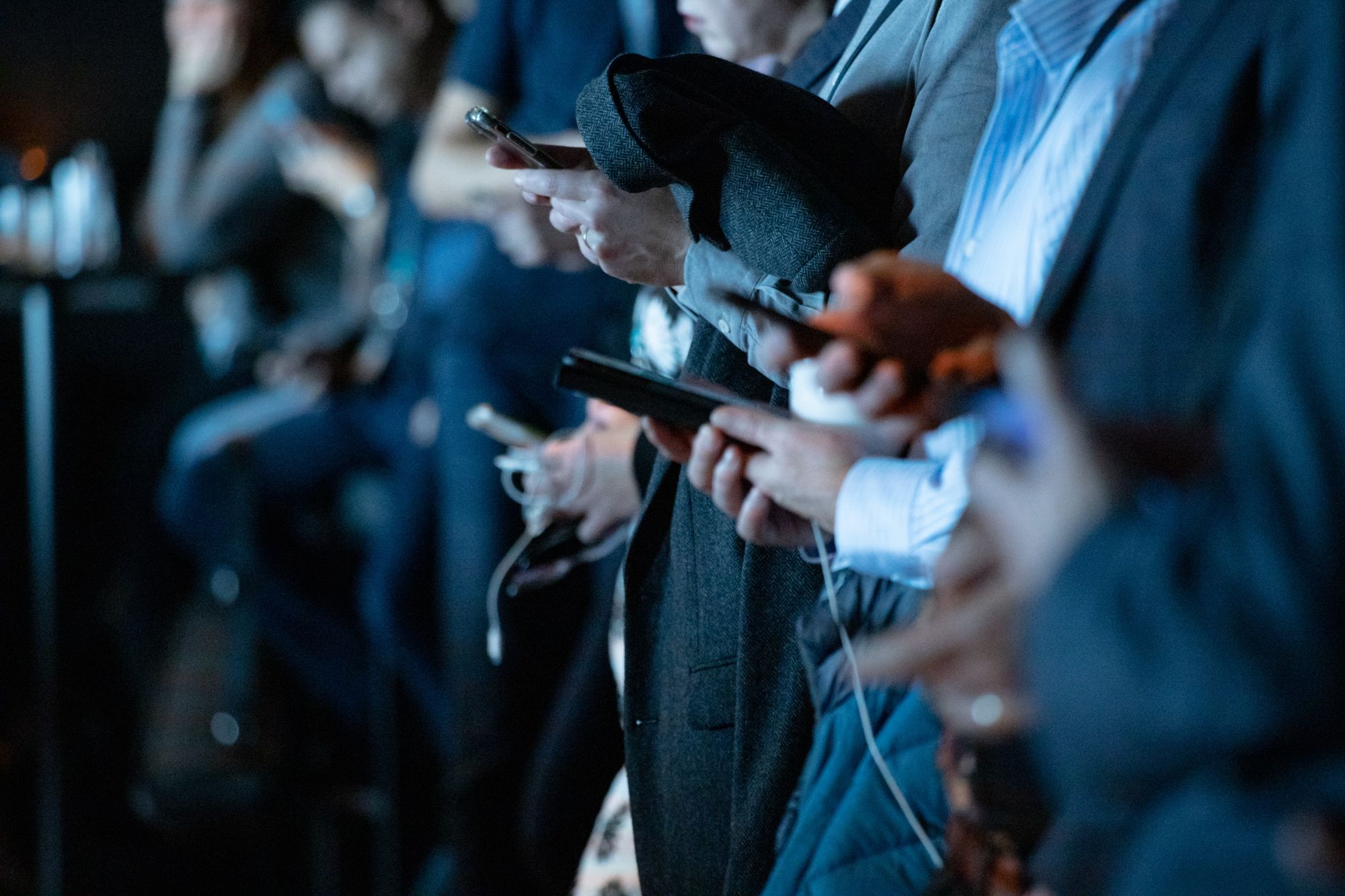A blog? Really?

Social media is a hot mess. From privacy issues and content ownership, to targeted advertising and disinformation. There are a host of reasons why Facebook, Twitter, and the like are less than desirable places to hang out.
Not a week goes by without seeing someone post about taking a break or deleting their account.
And all too often, I see them back shortly thereafter. Clearly, there is something social media provides that keeps them coming back.
Let's Go Back... Way back.
My first involvement in "social media" came as a result of participating in the early BBS scene: war dialing for servers, running a FidoNet node (#47 - The Workshop), contributing to the Fido code base, and releasing PIGS-BBS, a Turbo Pascal communications library used by various bulletin board systems in the phreaking community.
Most of my friends ran a BBS of some sort, too. For some odd number of hours a day, we'd turn our phone number (a second line, of course) over to our computer and let friends and strangers alike dial-in, read and post in the message forums, download a copy of sketchy instructions on how to make a blue box (free long distance calls!) and play primitive text-based games.
Phone numbers to other systems were passed around. The big ones, like The Gunslinger's Tavern, Sherwood Forest, or Blottoland would have multiple lines, allowing a primitive form of chatting.
And each one would have a theme or personality, expressed as best as could be with the limited monochrome text at our disposal.
In these 40+ year old systems, we see many of the same attractions that modern social media still holds out to us:
- Connecting with friends and strangers
- Sharing information and content
- Expressing our personalities
Getting involved with this subculture was not for everybody. It took not only access to a computer and a modem, which in the 80's was not a given for most households, it took a certain level of technical savvy and persistence. It was for hobbyists, by hobbyists.
As the 90's rolled in, the hardware was more accessible, but the culture was still relatively contained. A few systems tried to reach out to those interested in more than computers; they tried to attract people who just wanted to connect.
Compuref, a system I was on, held in person gatherings and outings. Sure, we were all still computer nerds, but we were also movie nerds and music nerds and car nerds, and these systems gave us a way to talk with similarly minded people.
And then...
This cycle of technology would continue - some new tech would arrive, and it was adopted by hobbyists and technologists, while the previous version would become democratized.
Websites. Blogs. Blog Aggregators. Right on up to today's Social Media. The main benefits that each progression brought to the masses was ease of use and the existence of a network - a ready-made audience to connect with. Unfortunately, we've given up a lot of control and choice for these things. Additionally, I think we've enabled an acceptance of "minimal effort". Sure, anyone can create a Twitter account and start firing off their opinion, but is that really a good thing?
Don't get me wrong. I am not implying any sort of censorship or limitation be placed on anyone's right or ability to use the tools available to them. I am saying though that maybe in this case function is following form: the tools themselves are designed to provide very few roadblocks between thought and action.
Where to now?
I've been thinking a lot about what the next step of democratization could look like. I've also been thinking about whether these one stop social media stops are the necessary final stage of evolution or are they an opportunity for divergence. Medium seems to encourage longer form reads but still suffers from a number of privacy and technical concerns.
Is there another way? (Or two? Or ten?)
So, to break myself from that 'function follows form' habit a bit, I decided to start this up.
This experiment is for me: Given control of a platform, how would I use it? What tweaks would I make? How would it effect the content of what I shared?
I've chosen Ghost as a blogging platform because it is an open source and written in a language I like coding in. This way, if something isn't how I want it to be, I can change it, expand it, or even create it from scratch.
I'm not quitting Facebook, or Twitter, or any of the others. They still have the network I like: my friends, coworkers, bands, local businesses, etc.
I'm also not just going to mirror everything I do here on to there. I may share the occasional post, but I want to mostly maintain that distance. I want to spur thinking about how to recreate the network I want distinct from those platforms.
So, yeah, I started a blog. And I'm thinking about what that means in 2020.
